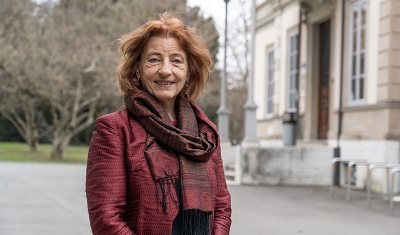Two Members of our Faculty Involved in a Landmark Research Project on the Protection of Animals in Times of Armed Conflicts


Dawei DING
21 December 2017
Starting in April 2018, a two years research project, hosted at the University of Geneva and at the Max-Planck-Institute for Comparative Public Law and Public International Law in Heidelberg, will look at the protection of animals in times of armed conflicts. The project will be coordinated by Jérôme de Hemptinne, Lecturer at the Geneva Academy, under the Direction of Robert Kolb, Professor at the University of Geneva and at the Geneva Academy. It will be linked to the research project ‘Global Animal Law’ at Max Planck.
The Impact of Armed Conflicts on Animals
In times of war, the first instinct is to relieve the suffering of human beings. Environmental and animal interests are always pushed into the background. However, warfare also strongly affects natural resources, including animals, which makes wildlife issues a matter of great concern. Habitat destruction and the resulting disappearance of animals often threaten the survival of populations affected by hostilities.
‘Over the last 50 years, certain species have been vanishing at a very high rate because of wars, with often disastrous effects on the food chain and on the balance of nature. Indeed, as recently emphasized by a report published in the Journal Conservation Biology, during this period, 80 per cent of armed conflicts have taken place in countries – such as Afghanistan, Burundi, Central African Republic, Congo, Kenya, Rwanda, Uganda or Vietnam – that contain areas of high global species diversities’ underlines Jérôme de Hemptinne.
Lack of Protection under International Humanitarian Law
Being deeply anthropocentric, international humanitarian law (IHL) largely ignores questions relating to the protection of animals during armed conflicts. This research project precisely aims at filling this gap by producing an edited scholarly volume on this issue.
An International Conference at the Geneva Academy
The Geneva Academy will host the second international conference of this project, scheduled to take place two months before the end of the project, to discuss the volume’s final draft and examine the relevance and feasibility of legislative proposals.








